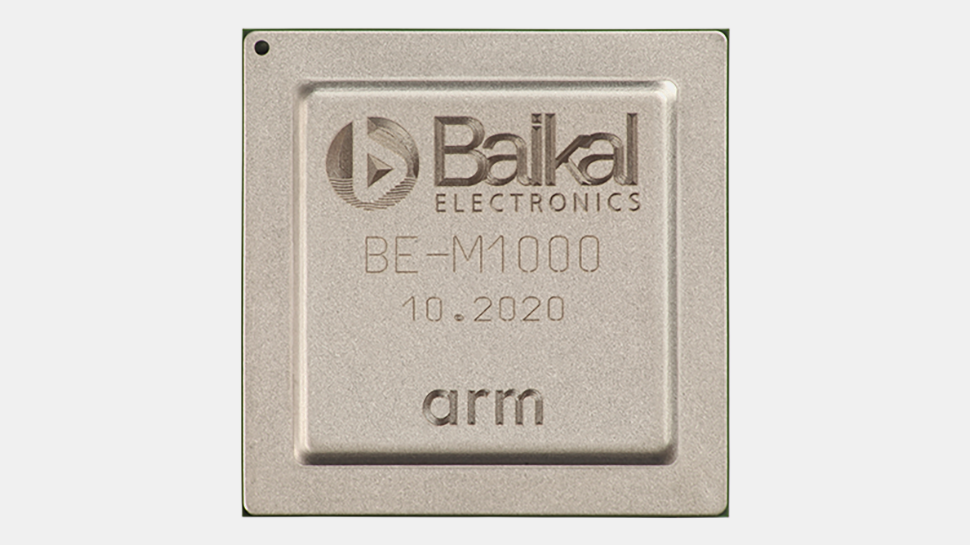
About half of the processors packaged in Russia are defective. This has prompted Baikal Electronics, a Russian processor developer, to expand the number of packaging partners in the country, according to a report in Vedomosti, a Russian-language business daily newspaper published in Moscow (hat tip to Cnews). In addition to GS Group based in Kaliningrad, the company will now use Milandr and Mikron, which are based in Zelenograd, a town near Moscow. What remains unclear is which foundry initially produces the chips for Baikal.
"More than half of the chip batches turn out to be defective," a source familiar with the matter told Vedomosti. "The reasons lie in both the equipment of the enterprises, which needs to be properly configured, and the insufficient competencies of the people involved in chip packaging."
After Russia invaded Ukraine in February, 2022, Taiwan's TSMC and other chip packaging houses ceased working with Russian companies, including Baikal. These companies even refused to ship some 300,000 already made and packaged processors to the company that serves the Russian government, including police and secret services. As a result, Baikal Electronics had to find new manufacturing partners, including those who would produce silicon and package and test the final chips.
There are no contract chipmakers in Russia that can process wafers on 28nm-class fabrication technologies, so Baikal is likely using a Chinese foundry to make its processors. Since 2021, the company has been experimenting with localizing chip packaging at GS Group in Kaliningrad. But transitioning to local packaging has not been smooth.
The process is intricate and costly, leading to a high rate of defects. According to industry insiders, more than half of the chip batches end up being defective due to issues with equipment calibration and the lack of skilled personnel. It turns out that GS Group cannot fulfill the demands of Baikal, which has now tapped Milandr and Mikron to assist with chip packaging. Apparently, it hasn't helped much.
"Russia can package a small number of processors, but when it comes to a series, a lot of defects appear," explained one of the newspaper's sources. "Manufacturers cannot maintain a consistently high level across all products."
The high defect rate is not unique to Russian packaging houses, of course. Taiwanese companies produce much larger volumes and have established sorting processes, and that greatly mitigates the impact of defects, both when it comes to silicon and to packaging. In theory, by focusing on enhancing the sorting processes and quality control, Russian companies will be able to gradually reduce the defect rate and move toward self-reliance in chip production, a crucial step for the Russian microelectronics industry.
Fundamentally, however, Russian manufacturers cannot produce chips on advanced nodes. Improved packaging competencies will not solve the key problem of the local microelectronics industry: the lack of sophisticated silicon made domestically.







